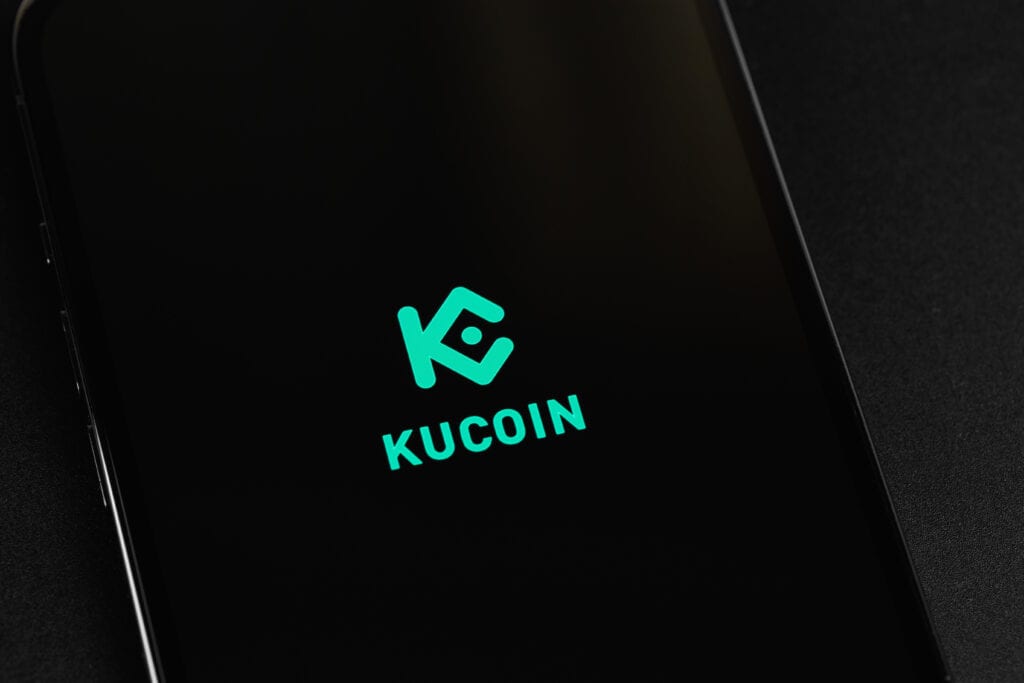
Key Takeaways:
- The Nigerian crypto community is concerned about KuCoin’s 7.5% VAT on transaction fees for Nigerian users, starting July 8, amidst uncertainty about the tax’s approval authority.
- There are worries about potential fraud and transparency, with questions about the government’s ability to verify user numbers and ensure proper VAT remittance.
- Local analyst Rume Ophi sees the VAT as a sign of government recognition of digital assets, potentially leading to future crypto regulations and licensing.
The Nigerian crypto community is worried about KuCoin’s new 7.5% VAT on transaction fees for Nigerian users, starting July 8.
The approval authority for this tax is unclear, with speculation between the Nigerian government or the Federal Inland Revenue Service (FIRS).
✅KuCoin introduces 7.5% VAT on trading fees for Nigeria Users
— KuCoin Africa (@KuCoinAfrica) July 3, 2024
We are writing to inform you of an important regulatory update that impacts our users from Nigeria.
Starting from July 8th, 2024, we will begin collecting a Value-Added Tax (“VAT”) at a rate of 7.5% on… pic.twitter.com/Y6elL3RjFi
KuCoin, currently banned by the Nigerian government, adds to the confusion.
Lucky Uwakwe, president of the Blockchain Industry Coordinating Committee of Nigeria (BICCoN), raised concerns about potential fraud and transparency, questioning the government’s ability to verify user numbers and ensure proper VAT remittance.
@kucoincom we saw a recent email that appears you will apply a new policy to Nigerian users on Tax in few days
— Lucky Uwakwe ( KING of DeFi / NFT/SocialFi /GameFi (@luo2027) July 3, 2024
perhaps we need clarity to the Nigerian crypto community (especially your users from Nigeria🇳🇬)
If the news of kucoin exchange is true it might create room 4 confusion pic.twitter.com/lby1L1Ug5w
There are also concerns about KuCoin managing VAT payments given the Central Bank of Nigeria’s (CBN) restrictions on crypto-to-fiat conversion.
Local crypto analyst Rume Ophi views the VAT as a positive step, indicating government recognition of digital assets.
He suggests that future crypto regulations and licensing might follow, despite the 2021 CBN ban driving industry players offshore.

